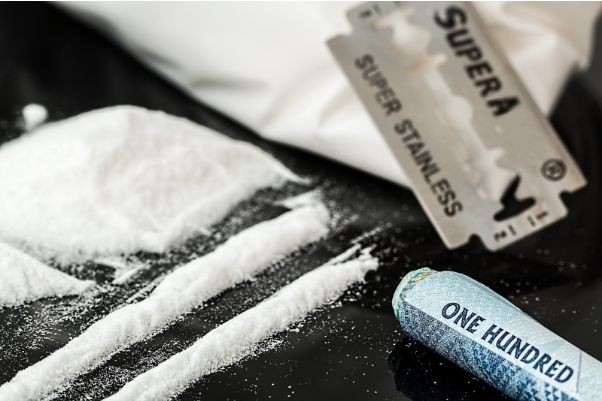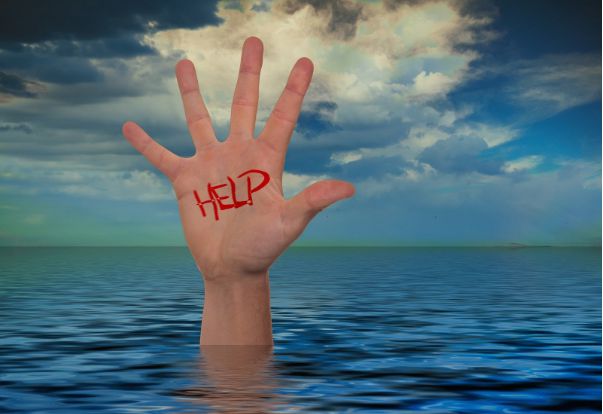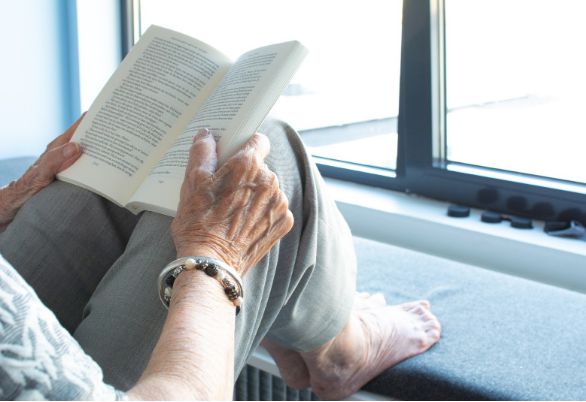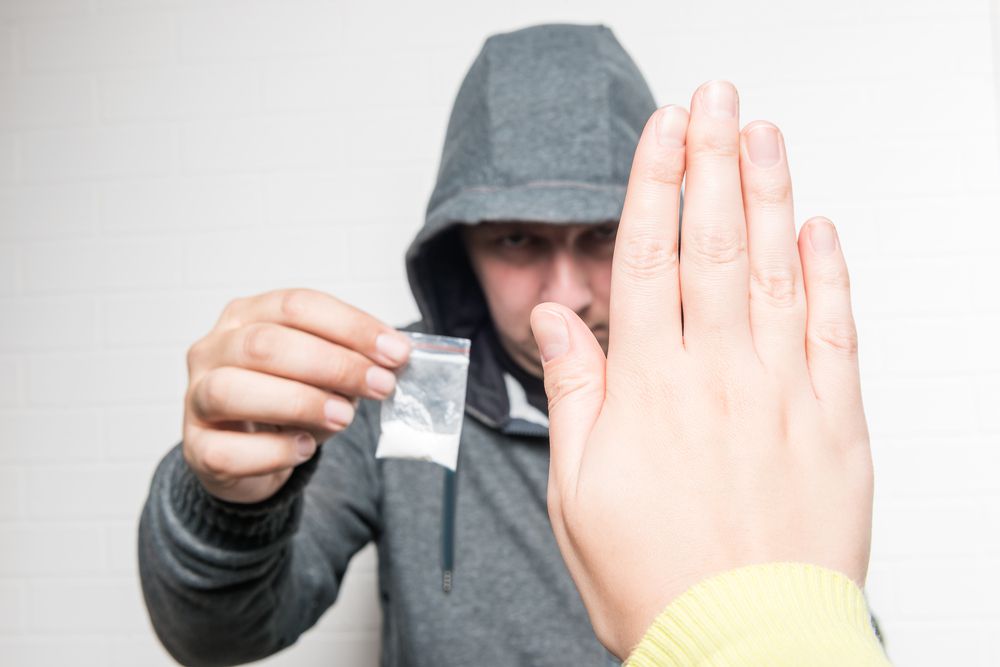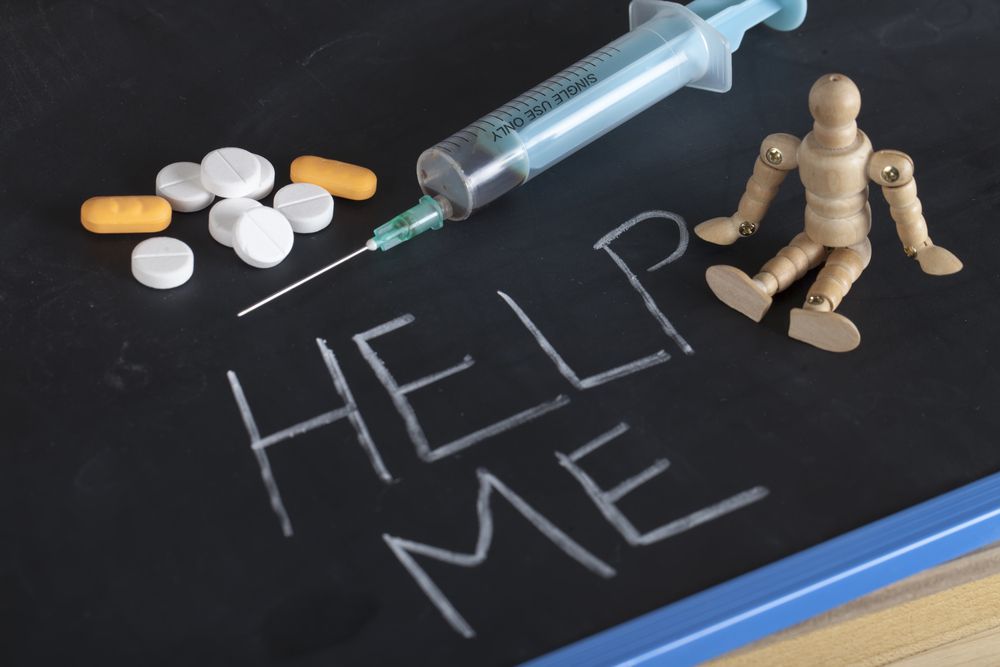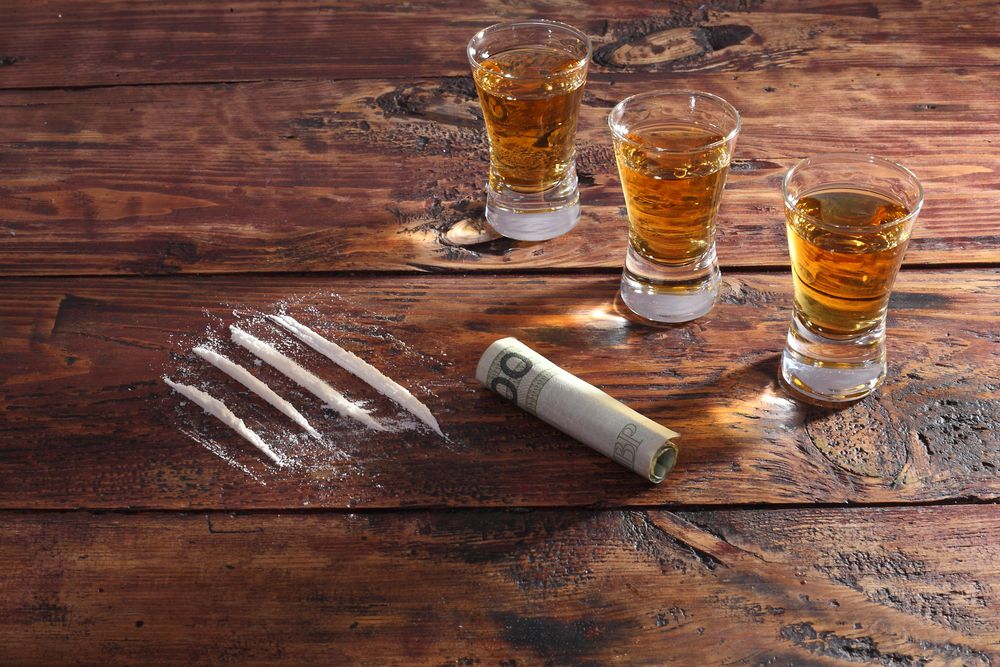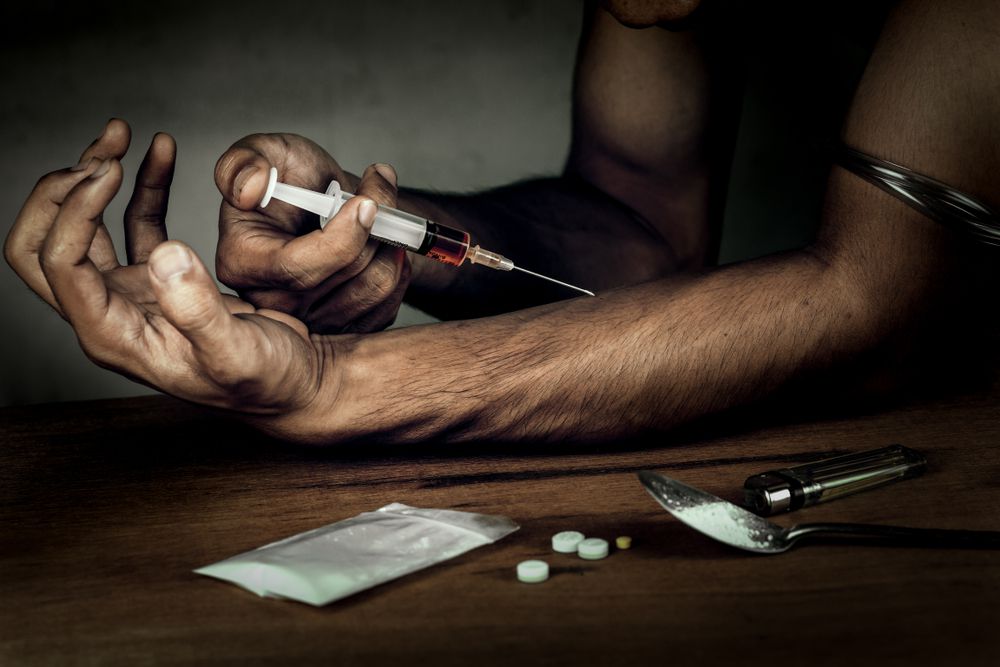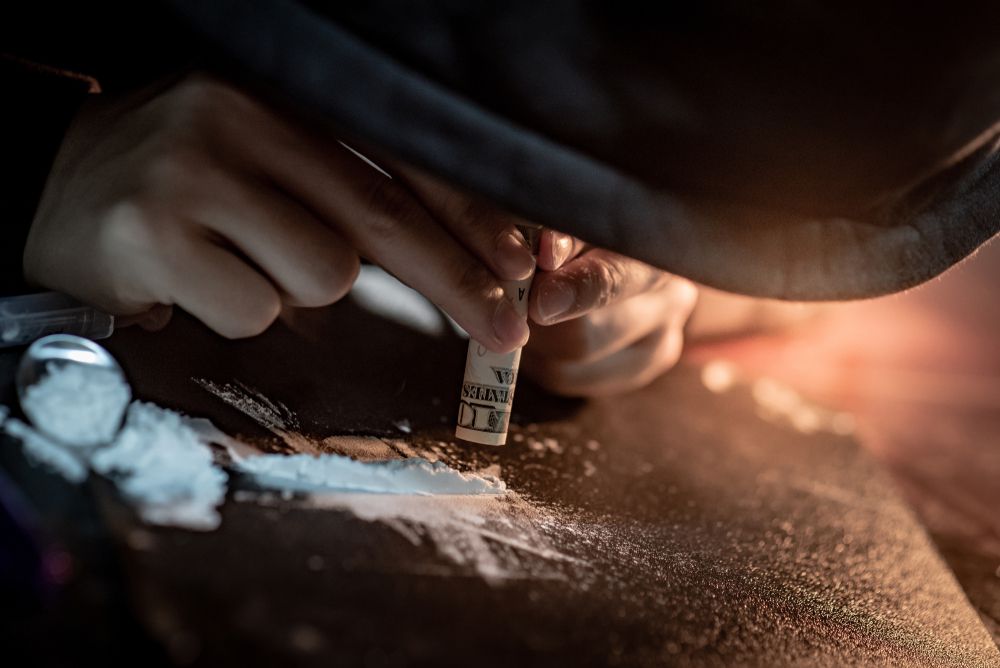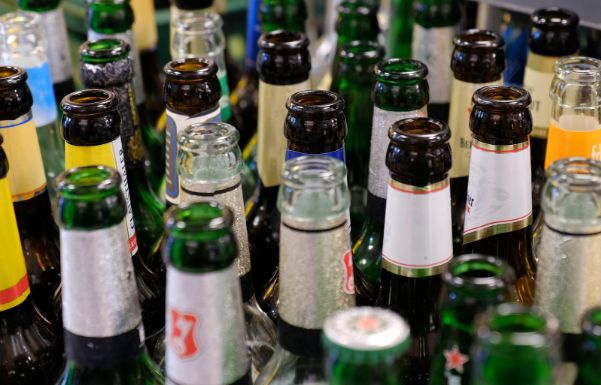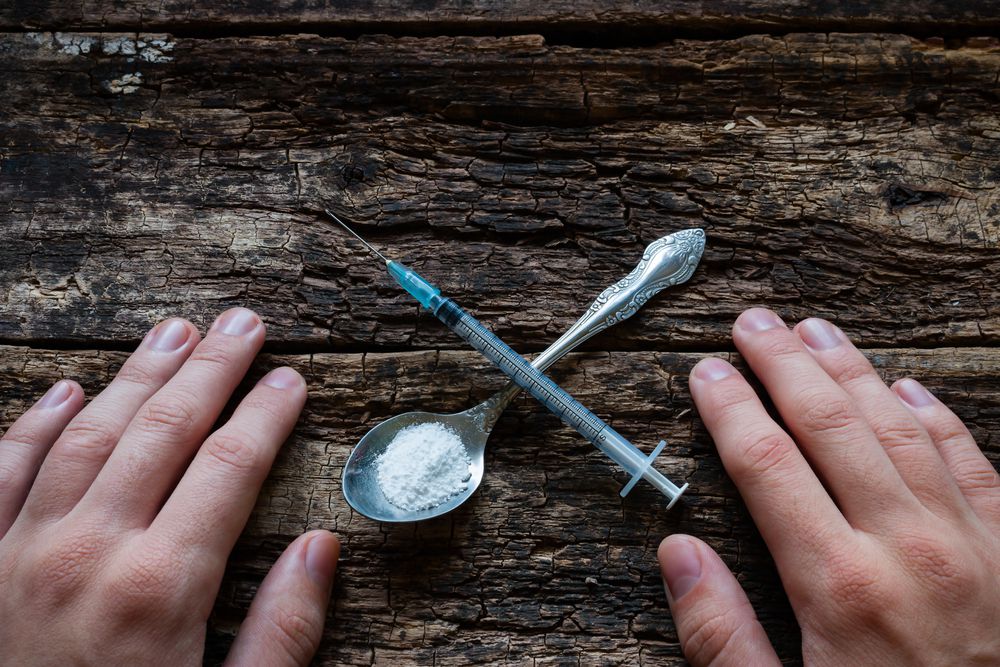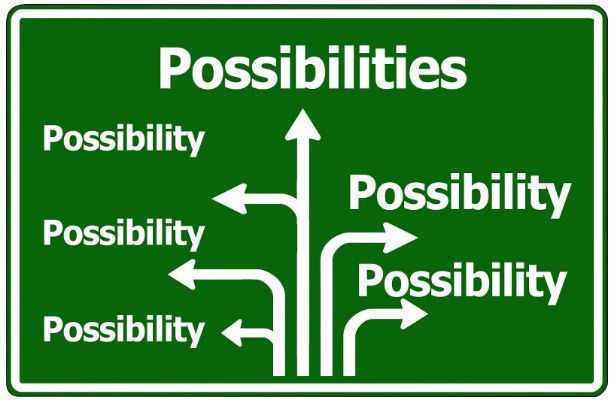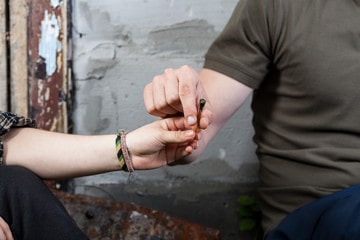It’s easy to blur the line between enabling and helping an addict. When someone we love is going through an addiction, we are instinctively driven to help them. We do so by offering support in a variety of ways: we ensure that the addict has access to necessities of life like food and shelter, we are there to listen to them when they need to talk, we do what we can to protect them from the ugliness of the world.
But sometimes we have to face up to the harsh reality that we may be doing more harm than good. Because the things that we think are helping could be pushing our loved one further into their addiction. In this blog, we explore the signs that you may be enabling an addict.
What Does it Mean To Enable Someone?
Enabling someone who is addicted to drugs or alcohol can mean two things: our actions make it easy for them to stay addicted, or our actions make it difficult for them to stop.
Enabling is rarely intentional. When we set out to help anyone with a problem, we tend to measure our success by whether or not that person is happy. This is especially true in the case of addiction, where the individual is often unhappy or going through a difficult time in their life. If something we say or so directly results in the person being happier, we are driven to repeat that behaviour, often without realizing that we are unintentionally feeding the addiction.
The line between helping and enabling can be blurred. We may give food to a hungry relative because, obviously, food is a necessity of life, but if the need arose because the relative spent their paycheque on alcohol, have we really helped them? Or did we in fact make it easier for our relative to spend their next pay on alcohol?
Here we discuss some ways in which you may be unintentionally enabling a loved one who is addicted to drugs or alcohol.
You commit to keeping the addict’s substance use a secret
People with addictions are often reluctant to tell anyone about their substance use. Even when someone is not acknowledging that they have a problem, on some level they may be aware that their behaviour goes beyond the bounds of what others would consider acceptable. If you are in an addict’s inner circle and they know you are aware of their drug or alcohol use, they may try to extract from you a promise that you will not tell anyone.
This creates at least two problems. First, you have sole knowledge of something that you may not be emotionally equipped to handle. And second, when the time comes to try and get help for your addicted loved one, other people close to the addict may not be on board, because they don’t know the extent of the problem.
You financially support the addict in any way

Most people are unlikely to financially support the addiction directly. If you know that a loved one is addicted to cocaine, you are not going to give them money if you know they are going to use it for cocaine. But you may be inclined to pay their rent or stock up their refrigerator with groceries. While it may seem that you are simply preventing the addict from starving or ending up on the street, these actions are a sign that you’re enabling the addiction to continue.
If you are meeting any of the addicted person’s financial obligations, they have no incentive to pay those expenses themselves. In essence, you are teaching them that they can use their money for drugs, knowing that they have a safety net to fall back on. As painful as it may be for you to have to turn down someone who is asking for food, it really is the kindest thing you can do for that person.
You bail the addict out of jail
It is a sad fact of life that people with addictions often find themselves in trouble with the police. This can take several forms: the addict commits a break-and-enter as they look for money or valuables they can sell. Or they may commit an act of violence while under the influence of drugs and alcohol. Finally, they may be pulled over for impaired driving.
Seeing a loved one go through the rigours of jail time and a criminal trial can be painful. But bailing an addict out of jail and helping them fight criminal charges can send them the message that they can abuse drugs without consequence. If you’re doing this, then, it’s a clear sign that you’re enabling an addiction.
You let the addict get away with behaving badly

When substance abuse makes someone behave in ways that are not usual for them, we are quick to separate the addict from their behaviour. If the addict yells at us, for instance, we’ll tell ourselves that “it’s the drugs talking.” We excuse aggression, rudeness, theft of money or belongings, and abuse by reasoning that the addict “cannot help themselves”. However, there’s a clear line between being a softie and enabling an addict.
Most people excuse this behaviour to protect themselves. For one, we need the reassurance that we are not responsible for somebody else’s bad behaviour, and so we’ll tell ourselves anything in order to not take it personally. The reality is that you are never responsible for the way in which someone else behaves, and there is nothing wrong with calling the addict out on the things they do that hurt us.
Everybody – whether they are addicted to drugs or alcohol or not – should be held accountable for their own words and actions.
You cover for the addict’s lateness or absenteeism
The deeper someone falls into the pit of drug or alcohol addiction, the more likely it is that their attendance and performance at work will start to suffer. Early in their addiction, they may be late from time to time. They might miss the occasional deadline or deliver work that is below their usual standard.
After a while, the addict may start to sleep late. They will miss their alarm, and you will be unable to wake them up. If you help them cover up in situations like this, it’s a clear sign that you’re enabling the addiction.
You may respond by calling their employer or coworker and saying that your loved one is sick. Plans to attend important events may be derailed, and you may be tempted to make an excuse of illness or a flat tire. As part of being held accountable, the addict needs to face up to the times they are late and absent.
You allow the addict to use substances in your home
There is no denying that drug abuse can be part of a dangerous lifestyle. Many substances lead to an over-inflated sense of confidence, leading the addict to engage in potentially dangerous activities without regard for the danger.
It is easy to tell yourself that if the addicted person is going to use drugs, they may as well do so in a safe place, where they will be protected from doing anything rash. It may seem like you have a reason for it, but it’s a clear sign that you’re enabling an addict.
This has three potentially serious impacts. First, it gives the addict an easy place to use drugs, which reduces their ability and incentive to quit. Second, in some jurisdictions, knowingly allowing the use of illicit substances can get you into trouble. And third, you could be putting yourself at risk of harm at the hands of the addict.
Related article: Top Reasons Young People Use Marijuana
You take on housework and childcare responsibilities
Addiction does not only affect the addict. It affects everyone around them as well, and where the waters really get muddied is when the addict’s household includes vulnerable people, such as children, seniors, and people with disabilities or life-threatening illnesses.
You may find yourself increasingly doing things for the addict and the people who live with them. In addition to paying bills, you may go over to the addict’s home to do their laundry, vacuum or cook a meal. You do this “for the sake of the children”, and the result is that it becomes even more convenient for the addict to use drugs or alcohol.
If there are vulnerable people living with the addict and their safety is at risk, arrangements should be made to remove them from the home. These arrangements should be made with the sole intention of protecting the vulnerable, and not as a way to make life easier for the addict.
How To Help An Addicted Loved One Without Enabling Them
It is never too late to help someone who is addicted to drugs or alcohol. More importantly, you can provide help without enabling them. There are several steps that you can take.
Don’t blame yourself
The first step is to understand that this is not your fault. It is very easy to fall into the habit of enabling an addicted loved one. You have been trying to help, and this kind of problem does not come with an instruction manual. It is not easy to know what to do. So don’t be hard on yourself. Remind yourself that you are a good person who wants the best for your loved one.
Take care of yourself
A lot of people who are helping someone through a crisis forget to take care of themselves. If you are going to be at your one’s side through the addiction and rehab journey, you need to make sure you have the physical and emotional reserves to sustain yourself.
Make sure you are eating nutritious meals and getting some exercise. Follow pursuits that you enjoy; spend time with friends who can take your mind away from what is happening. See your doctor if you start to feel run-down, and explore the possibility of therapy for yourself if you are having trouble coping.
Research options for intervention and treatment
You can lead a horse to water, but you can’t make it drink. In the same way, you can explore options for addiction treatment, but you can’t force the addict to accept help. However, there are things you can do to increase the chances of them signing up for addiction treatment.
Contact 1000 Islands Addiction Rehab & Treatment Centre for addiction treatment programs.
Related article: The Importance Of Nutrition During Drug Addiction Recovery

